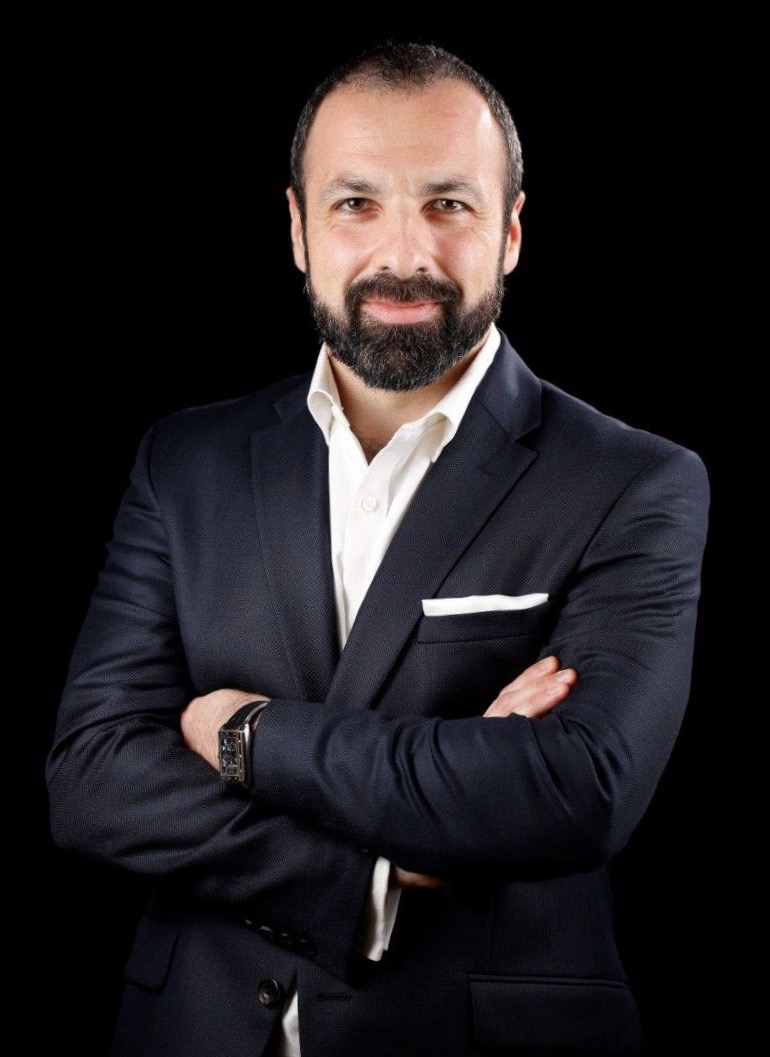The shift to digital continues gathering steam, with the great changes spurred by the COVID-19 pandemic now seen as merely the first step in the wider digitalisation of society.
Barring the wires connecting properties to the national network, the rest of the infrastructure that makes all this possible is largely hidden from sight, if not entirely invisible.
Although it can therefore be easy to overlook the importance of the systems that keep us connected, investment has been substantial and ongoing, with Malta today being the only European country able to boast of having gigabit internet nation-wide.
This technical infrastructure that forms the basis of modern life also supports much of Malta’s economy, allowing key industries like financial services and iGaming to set up shop locally.
The role of the Malta Communications Authority (MCA), which turns 20 this year, is therefore critical to the Maltese economy’s continued growth.
The MCA’s Antoine Sciberras and Jean Marie Mifsud joined business writer Jo Caruana on Tuesday’s episode of The Boardroom to talk about the opportunities and threats presented by the shift to digital, including the oft-maligned 5G.
First set up to comply with European Union requirements to create more competition in the telecommunications market, the MCA’s role has evolved through the years, becoming the domestic regulator for telecommunications and overseeing the roll-out of 2G, 3G, 4G, and now 5G.

Antoine Sciberras, Chief Officer of the MCA's Spectrum Management and Technology Unit
“And our role is evolving again,” says Mr Sciberras, who serves as the Chief Officer of the MCA’s Spectrum Management and Technology Unit, explaining that the Authority has now been given the Digital Services portfolio, extending its remit to oversee online harms.
Dr Mifsud continues by explaining how the introduction and take-up of 5G has the potential to significantly alter current ways of doing things.
“The innovative elements of 5G go far beyond higher speeds,” she says. “That is certainly one aspect, with the possibility to stream extremely high quality video seamlessly, that will be the most evident early on.”
“But what industry will be looking out for is the potential for ultra reliable and low latency communication, the sort of functionality that can make things like self-driving cars feasible. Then there is also the third application, for massive machine-type communication, that will, for example, allow a factory to better integrate its processes for enhanced efficiency.”

Jean Marie Mifsud, from the MCA's Spectrum Management and Technology Unit
Dr Mifsud brings up smart farming as one possible use case, noting that thanks to technology fewer resources may be wasted. Another one is for smart traffic lights that can assess traffic needs in real time, and yet another is smart ambulances that can be fitted with sensors to transmit information to the hospital, allowing staff there to prepare a surgery room with all the equipment required.
“It’s not just hype,” she says. “It’s real, and it’s very exciting. This is not only about connecting people. It’s about connecting everything.”
Nodding in agreement, Mr Sciberras notes that such “tremendous” opportunities also give rise to threats, pointing to the Network and Information Security Directive, the second iteration of which is currently being worked on, as a key piece of the Authority’s regulatory toolbox.
“That’s right,” says Dr Mifsud. “The basic principle is that anything which is illegal offline, should be illegal online.”
Dr Mifsud describes the MCA’s focus on innovation, explaining how, despite its small size relative to European counterparts, the local authority manages to keep abreast of new technologies by actively participating in European and international fora.
“We cannot do everything by ourselves; joining collaborative R&D projects that can be beneficial to the Maltese connectivity ecosystem therefore allows us to keep level with the front of the pack.”
“In fact,” continues Mr Sciberras, “traditionally, from a connectivity point of view, Malta has always excelled. But we still have a lot to do. 5G is a nascent technology, and it has only recently been launched on the local market.”
He explains that these launches were only possible thanks to the MCA’s assurance that the radio frequencies are available.
“Nationwide 5G service will take some years. Our role is to make sure that the commitments made by industry are possible to abide with.”
Mr Sciberras outlines other aspects of the Authority’s work, including its efforts to increase competition in internet choice and options, the upgrade to WiFi (WiFi6), and a pipeline project to geographically survey every household in Malta to see how its telecommunications are served.
“This will create a database of insight that will be very useful to consumers and businesses alike.”
Concluding, Mr Sciberras speaks of consultation as the Authority’s “most important tool”.
“We speak to all the persons who our services and oversight touch, whether these are businesses, end consumers, or other authorities, like the Malta Digital innovation Authority (MDIA) and the Malta Competition and Consumer Affairs Authority (MCCAA).”
This regulatory dialogue, he says, ensures that different authorities’ approach to regulation does not cause excessive burden.
“The most important aspect is achieving a balance as a regulator with the right people with the right expertise and the right background. Our participation in international allows us and our colleagues to advance our knowledge and exposure to the tools and toolkits available to safely drive Malta deeper into the 21st century.”
Main Image:
